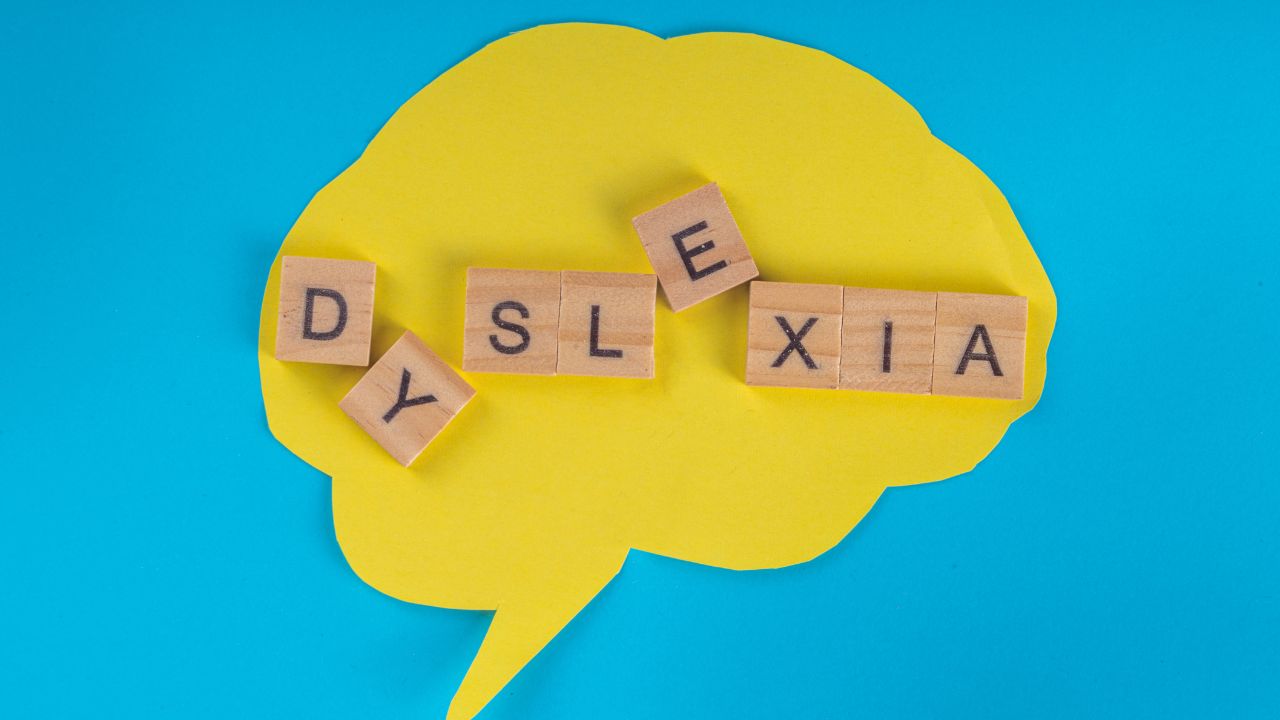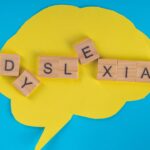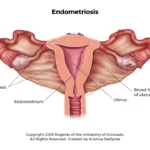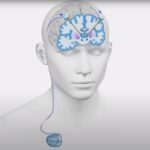Globally, dyslexia affects about 1 in 10 people, but awareness remains low across Africa. In classrooms across West Africa, children who struggle to read are often reduced to cruel names. A Nigerian child might be called “olodo.” In Ghana, “blockhead.” In francophone countries like Mali or Guinea, “bête.”
What Dyslexia Really Is
Dyslexia is a specific learning disorder that affects how the brain processes written and spoken language. Children with dyslexia have trouble reading, spelling, and sometimes writing, even though they may have normal or above-average intelligence. It is not caused by laziness, it’s a neurological difference in how the brain interprets symbols and sounds.
What Causes Dyslexia?
The exact cause isn’t fully understood, but research shows that dyslexia often runs in families and is linked to how the brain’s language areas develop. Factors include:
- Genetics: Children with a parent or sibling who has dyslexia are more likely to have it.
- Brain structure and function: Brain imaging shows that people with dyslexia use different pathways when processing language.
- Premature birth or low birth weight: These may increase the risk.
- Early language difficulties: Trouble recognizing sounds in words can signal later reading challenges.
Dyslexia is not caused by poor parenting, laziness, or lack of intelligence.
Signs of Dyslexia in Children
Dyslexia can show up differently depending on age:
Preschool years:
- Trouble learning nursery rhymes
- Difficulty recognizing letters or rhyming words
Primary school years:
- Mixing up letters (like “b” and “d”, p and q)
- Reading slowly or skipping words while reading
- Struggling to spell common words
- Avoiding reading out loud in class
Teen years and beyond:
- Reading far below grade level
- Difficulty summarizing a story
- Trouble learning new languages
- Strong verbal or creative skills, but continued struggle with written tasks
Diagnosing Dyslexia
Diagnosis usually involves:
- Educational assessments: Tests for reading, writing, memory, and language skills.
- Family history review: Looking for learning difficulties among relatives.
- Professional evaluation: Carried out by psychologists, special educators, or speech-language therapists.
Early diagnosis is importantl. The earlier dyslexia is identified, the easier it is to support learning and build confidence.
Supporting a Child With Dyslexia
There is no “cure” for dyslexia, but children can thrive with the right strategies:
Educational support
- Phonics-based reading programs that teach sound–letter connections
- Multi-sensory teaching (using sight, sound, touch, and movement to reinforce learning)
- Extra time in exams or assignments
Home support
- Read with the child daily in a calm, patient way
- Celebrate strengths in creativity, art, or problem-solving
- Encourage, rather than punish, when mistakes happen
Professional help
- Speech-language therapy to improve reading and writing
- Special education programs tailored to learning differences
Myths About Dyslexia
- Myth: Dyslexia means a child is unintelligent.
Fact: Dyslexia is unrelated to intelligence; many people with dyslexia are highly creative and successful. - Myth: Dyslexia can be “outgrown.”
Fact: It doesn’t go away, but children can learn strategies to read and write more effectively. - Myth: Children with dyslexia just need to try harder.
Fact: They are already trying hard; they just need different learning methods.
Frequently Asked Questions (FAQ) About Dyslexia
Can dyslexia affect any child?
Yes. Dyslexia can affect children of any culture, background, or intelligence level.
Is dyslexia the same as bad handwriting?
No. Dyslexia is specifically about difficulties with reading and spelling, though some children may also struggle with handwriting.
Does dyslexia mean a child will fail in life?
Not at all. With proper support, children with dyslexia can excel in school, careers, and life. Many successful leaders, entrepreneurs, and artists have dyslexia.
Should I see a professional if I suspect my child has dyslexia?
Yes. Early evaluation by an educational psychologist or speech-language therapist helps identify dyslexia and start the right support.





